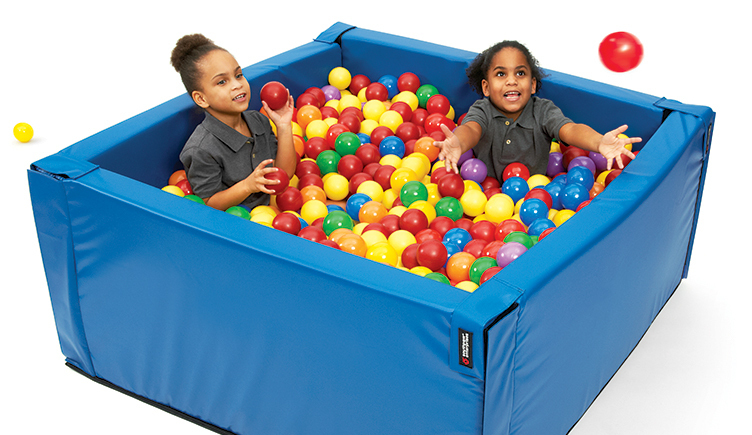ASI Theory Tuesdays

ASI Theory Tuesdays Webinars

For our 2023 webinar series, join Drs. Zoe Mailloux & Susanne Smith Roley and esteemed colleagues as they facilitate engaging discussions, exploring the latest updates in both basic and applied ASI theory and its impact on practice. We will post replays after the webinar so you can view it at any time. To sign up for FREE for the upcoming webinars in this series, go to www.cl-asi.org/theorytuesdays.
ASI Theory Tuesday #1 - Sensory Reactivity, Stress, and Resilience
ASI Theory Tuesday #2 - Neuroscience of Play: A Core Element of ASI
ASI Theory Tuesday #3 - Play: From Ayres SI Theory to Therapy
During this webinar, we will review Sensory Reactivity from an ASI perspective including assessment and evidence-based intervention. We will discuss the relationship between sensation and arousal and implications for dysregulated responses and adaptive versus toxic stress. Given that toxic stress interferes with one’s joy in life, long-term health, and fulfilling relationships, considerations for intervention will include addressing arousal regulation, sensory regulatory tools, and titrating the therapeutic challenges that build stress tolerance to support individuals to feel safe and secure in their actions and interactions.
Play is a multisensory, motor, emotional, cognitive, occupation. In this webinar, we will discuss the neuroscience of play and consider how and why this supports play as a core element of the sensory integration intervention process.
Ayres (1972), and more recently Parham et al. (2011) in their Fidelity Measure, reminded practitioners that therapy based on the principles of sensory integration theory is set in the context of play. But creating playful therapy can be difficult. Further, not all play meets the criteria for sensory integrative therapy. In this session, we will explore play from the perspective of sensory integration theory and examine ways to create play in therapy by consciously adjusting the various elements that comprise play.page.
ASI Theory Tuesday #4 - Sensory Concerns in Dyspraxia and DCD
ASI Theory Tuesday #5 - Multisensory Contributions to Posture
ASI Theory Tuesday #6 - From ASI Theory to Research to Practice
While we have long understood the sensory discrimination concerns in children with DCD, sensory modulation has largely been unexplored. Cermak et al., examined the relationships between sensory modulation, social-emotional measures, behavior and motor skills in children with DCD, finding significant associations between sensory modulation and anxiety, empathic concern, repetitive behaviors, and motor skills in the DCD group. These results broaden our view of sensory integrative contributions to children with dyspraxia and DCD.
Postural Control is a multifaceted system dependent on the integration of numerous sensory and motor contributions. Posture emerges from a complex interaction among multisensory inputs with aspects of motor function such as tone, alignment, balance, and core stability. Critically, posture has an immense impact on social-emotional development and communication abilities that is often overlooked. This webinar will explore the constructs linked to posture, the connections to function and relevance to practice.
During this webinar, we will discuss how research informs the ongoing evolution of the scientific theory of Ayres Sensory Integration®. Dr. Roseann Schaaf will inform listeners of three key strategies to improve practice through the evidence-informed use of ASI.


